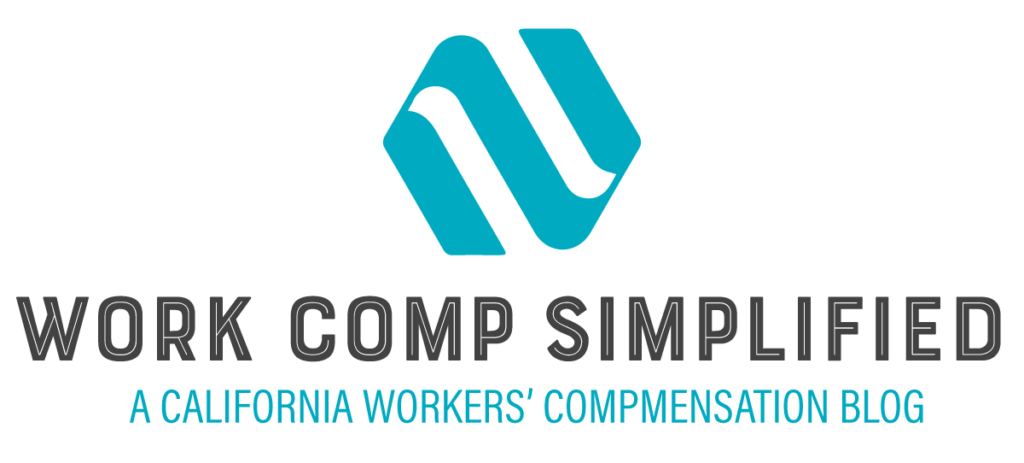In California’s workers’ compensation system, the Medical Provider Network (MPN) plays a pivotal role in determining how and where injured workers receive medical treatment. As an applicant’s attorney, I frequently encounter issues related to MPNs that can significantly impact an injured worker’s ability to secure appropriate care and navigate their claim effectively.
This article breaks down the essential legal framework of MPNs and provides practical insights into how injured workers can protect their rights within this system.
What Is an MPN?
The MPN is a network of medical providers established by employers or their workers’ compensation insurers to treat injured workers. Governed by California Labor Code § 4616 et seq. and associated regulations, the MPN is designed to:
- Ensure injured workers receive prompt and adequate care.
- Streamline the workers’ compensation treatment process.
- Control medical costs by directing care within a pre-approved network.
Employers must notify employees about their MPN, including providing details on accessing the network and selecting a treating physician.
Key Legal Requirements for MPNs
Employers and insurers operating an MPN must comply with specific legal requirements to ensure injured workers’ rights are protected:
- Adequacy of the Network
- The MPN must include a sufficient number of medical providers to ensure timely access to care.
- Providers must be geographically accessible, typically within 15 miles or 30 minutes of the worker’s residence or workplace.
- Notification Requirements
- Injured workers must be given written notice of the MPN at the time of injury and when seeking treatment.
- The notice must explain how to select or change treating physicians within the MPN.
- Continuity of Care
- Injured workers may continue treatment with a provider who leaves the MPN under certain conditions, such as when the provider has a continuing treatment plan in place.
- Access to Second Opinions
- Workers dissatisfied with their initial MPN physician may request a second or third opinion from other providers within the network.
Challenges for Injured Workers
While MPNs are designed to streamline care, they can also create barriers for injured workers:
- Provider Selection Issues: Finding a physician who understands complex workers’ compensation cases can be difficult, even within a compliant MPN.
- Specialist Referrals: Obtaining authorization for specialized care often involves delays and additional administrative hurdles.
- Potential Bias: Some MPN physicians may have longstanding relationships with the employer or insurer, raising concerns about impartiality in medical evaluations and treatment plans.
Legal Protections for Injured Workers
Injured workers retain significant rights within the MPN framework. Key protections include:
- Independent Medical Review (IMR)
If medical treatment is denied, delayed, or modified, the injured worker has the right to request an IMR. The IMR process, governed by Labor Code § 4616.4, provides an independent evaluation of the treatment dispute. - Seeking Care Outside the MPN
Workers may receive treatment outside the MPN under certain circumstances, such as when the network lacks adequate providers or fails to provide timely access to care. - Predesignation of a Personal Physician
Before an injury occurs, workers may predesignate their personal physician, exempting them from the requirement to seek care within the MPN. - Appeals and Complaints
Workers can file complaints with the Division of Workers’ Compensation (DWC) if the MPN violates state regulations or fails to meet its obligations.
Best Practices for Injured Workers
To navigate the MPN effectively and ensure access to appropriate medical care, injured workers should:
- Review the MPN notification documents carefully.
- Document all interactions with the employer, insurer, and medical providers.
- Consult an attorney if treatment is delayed, denied, or modified, or if the MPN fails to meet its obligations.
Conclusion
The Medical Provider Network is a central feature of California’s workers’ compensation system, but it is not without challenges. Injured workers should familiarize themselves with the legal framework surrounding MPNs to ensure their rights are upheld.
If you encounter difficulties navigating the MPN or securing necessary medical treatment, consulting an experienced workers’ compensation attorney can help you protect your rights and advocate for your recovery.

